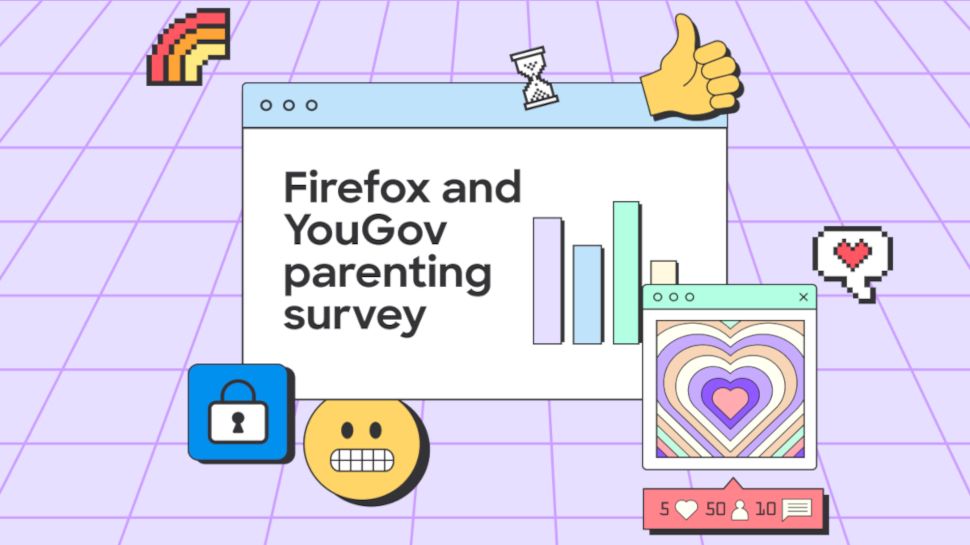
A quarter of parents worry that their children have an unhealthy relationship with the internet, new research has found.
A report from Mozilla and YouGov surveyed nearly 4,000 parents across the USA and Europe, looked into the usage habits of children on the internet as well as the parental controls put in place by families.
It follows recent changes to the UK’s Online Safety Bill which include AI measures to verify the age of visitors to websites with adult content. Ofcom (opens in new tab) recently found that a third of children are able to gain access to such content by lying about their age.
Usage habits
In terms of usage, 15% of UK children spent up to 10 hours a day on the internet, with three quarters of those doing so for the purposes of gaming and watching videos. 52% spent between 2-4 hours online daily.
The average age for UK children to begin using the Internet is six, but 40% of parents introduce it to them by five. In Germany and France, the average age is higher – seven and eight respectively.
Despite this, many UK parents are not confident their child can protect themselves sufficiently online, and 64% have parental controls in place to restrict content. What’s more, 71% of them are concerned about the kinds of content their children could see, and 31% claim the internet is unsafe altogether.
The main concerns for parents include inappropriate content (71%), online predators (53%), and cyber-bullying (46%). Regarding the latter, this is higher for those with children who are between 10-13 years old.
54% of UK parents were worried about data tracking of their children, which is lower compared to respondents from other countries. However, a huge 94% of UK parents did not believe that big tech has their children’s interest in mind when creating products.
“The Online Safety Bill is a good first step in tackling harmful misinformation, but it needs to be done in a meaningful way by way of more oversight in content moderation decisions and holding social media companies accountable,” noted Kushall Amlani, global competition and regulatory counsel for Mozilla.
Be the first to comment